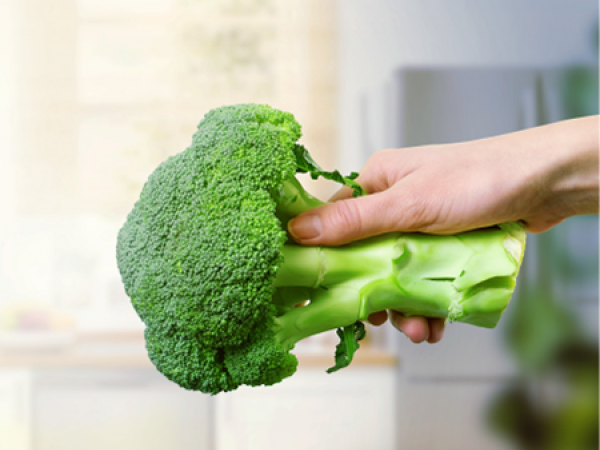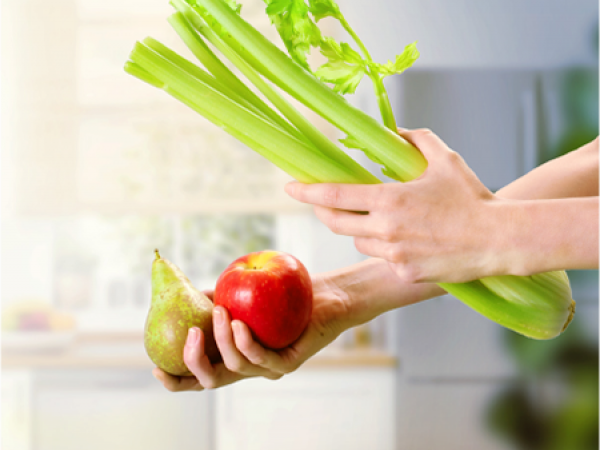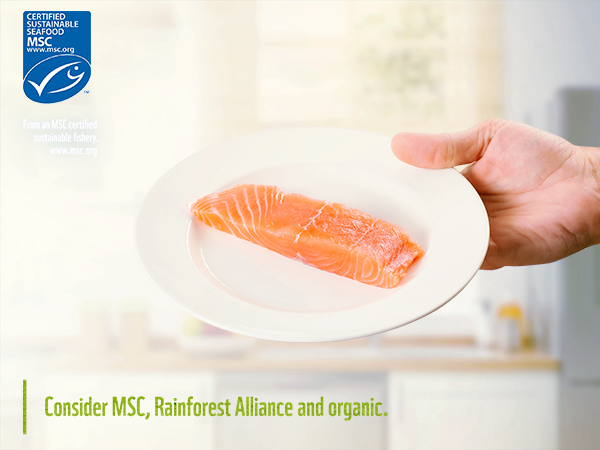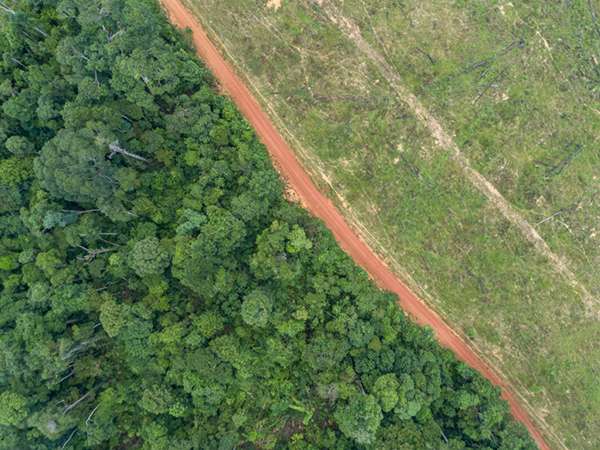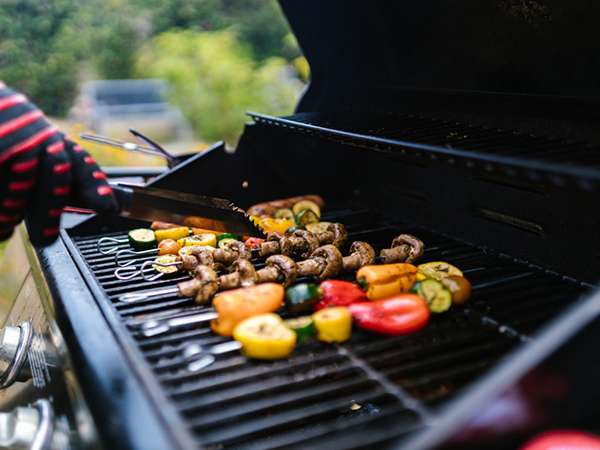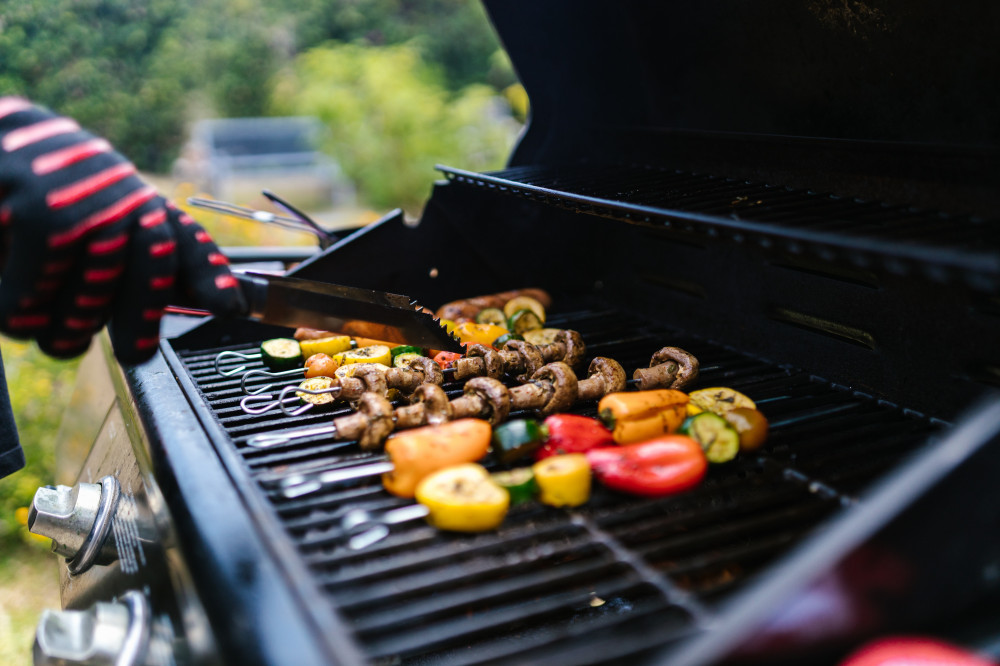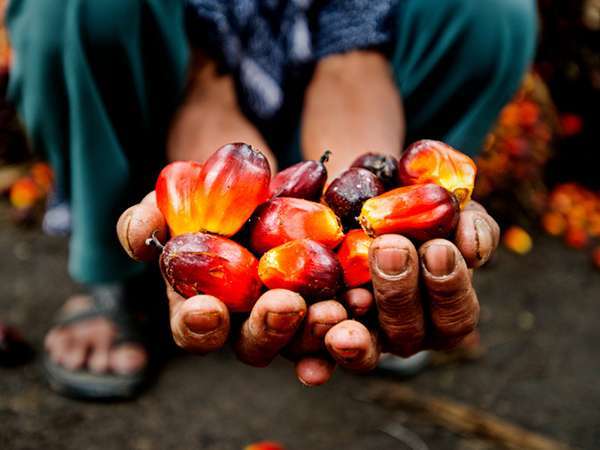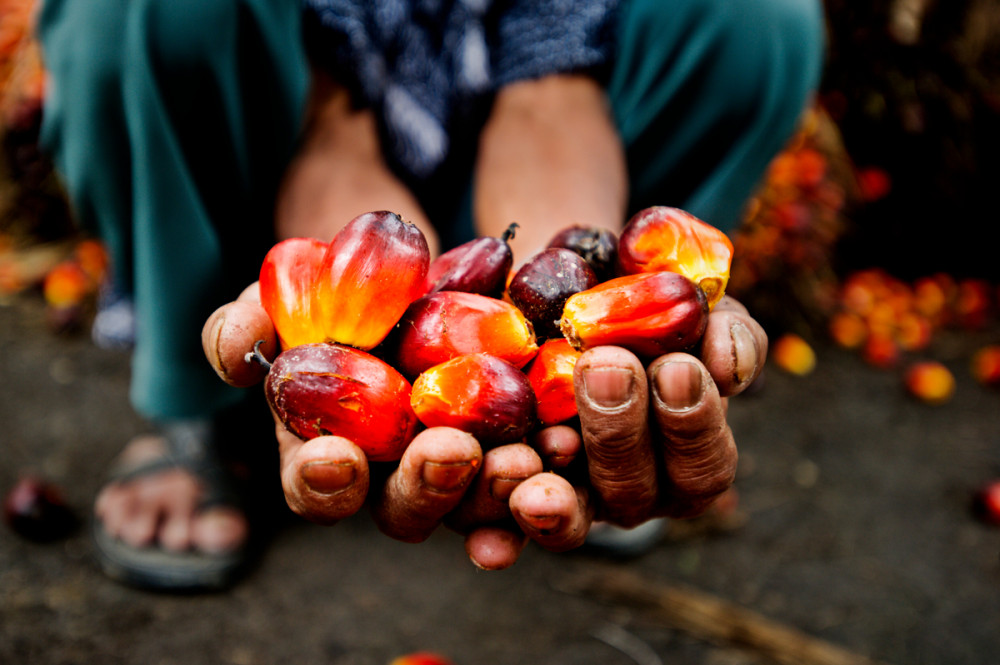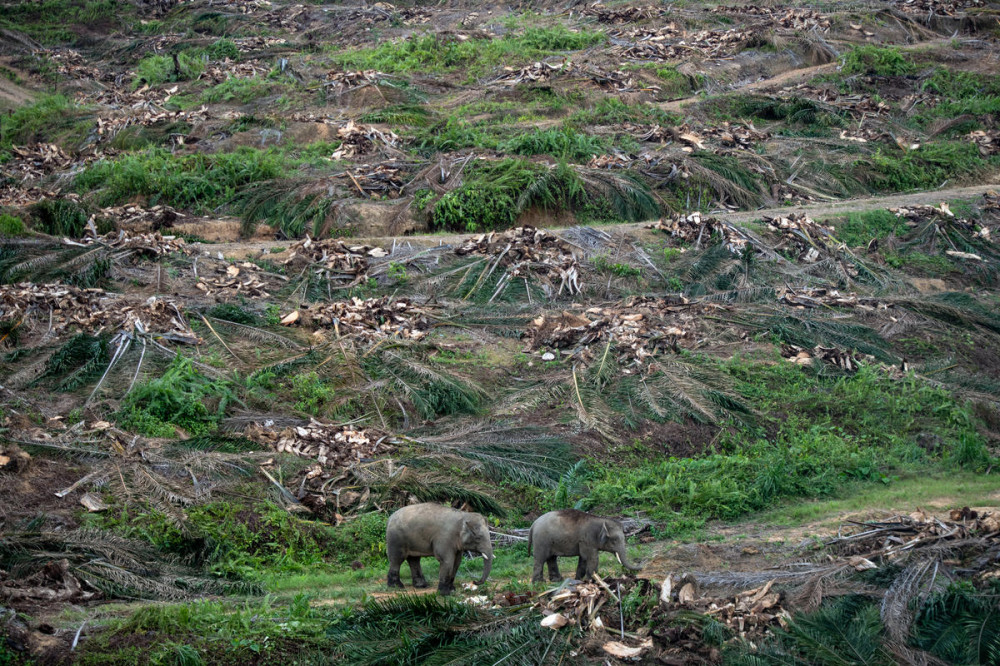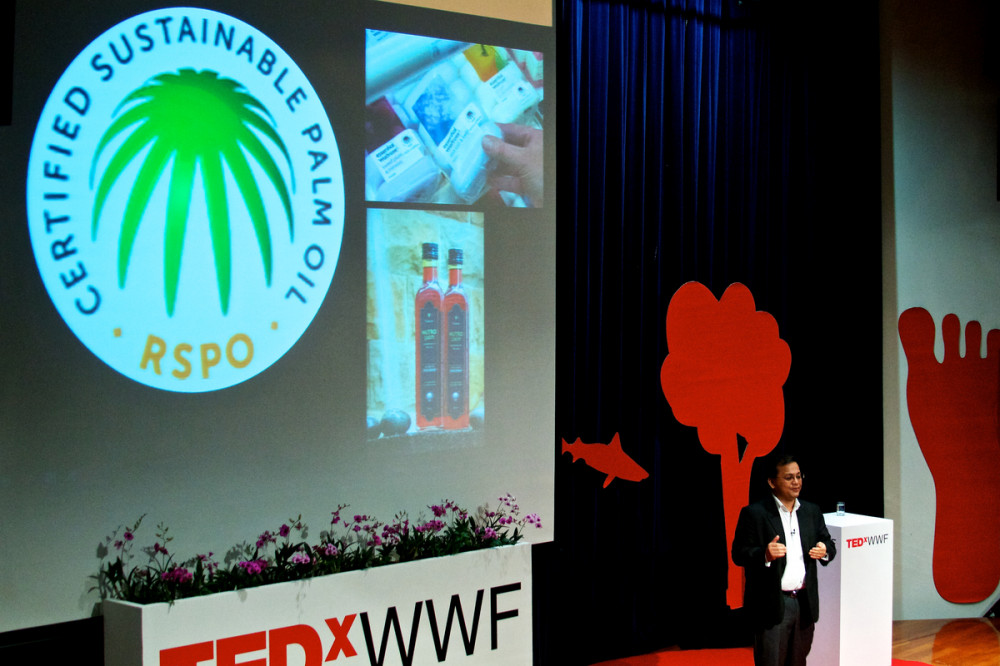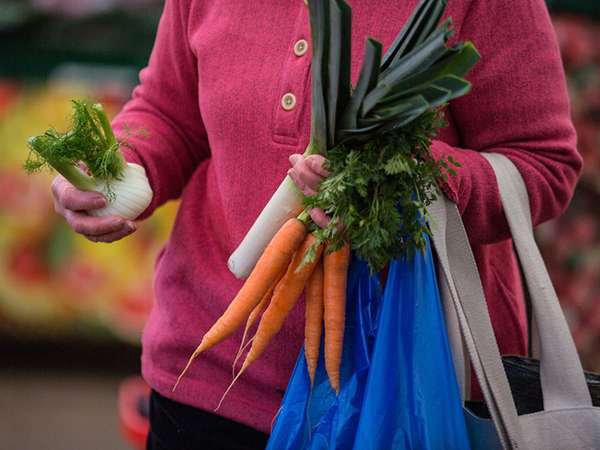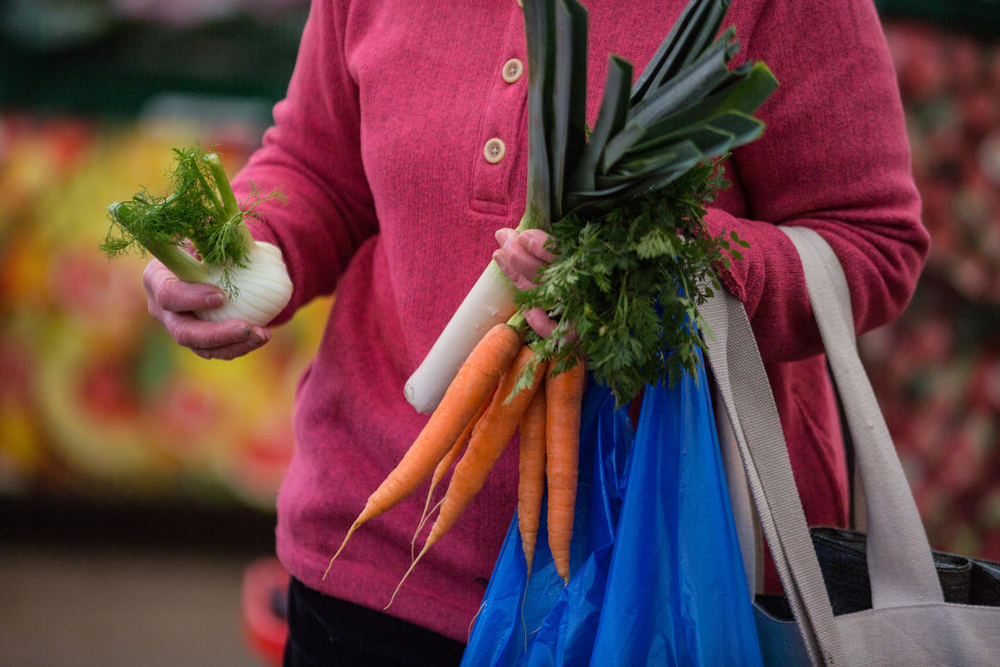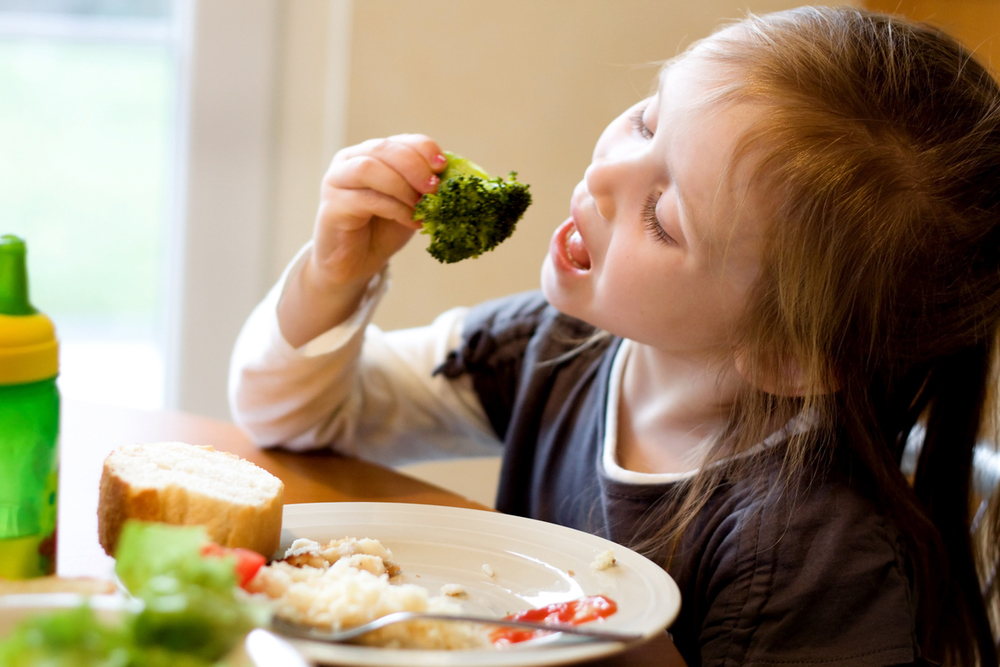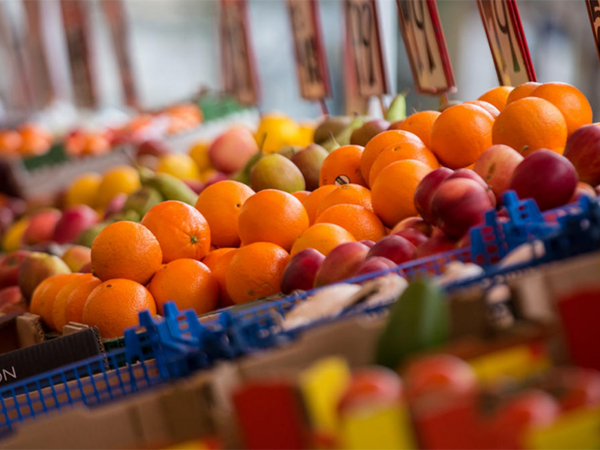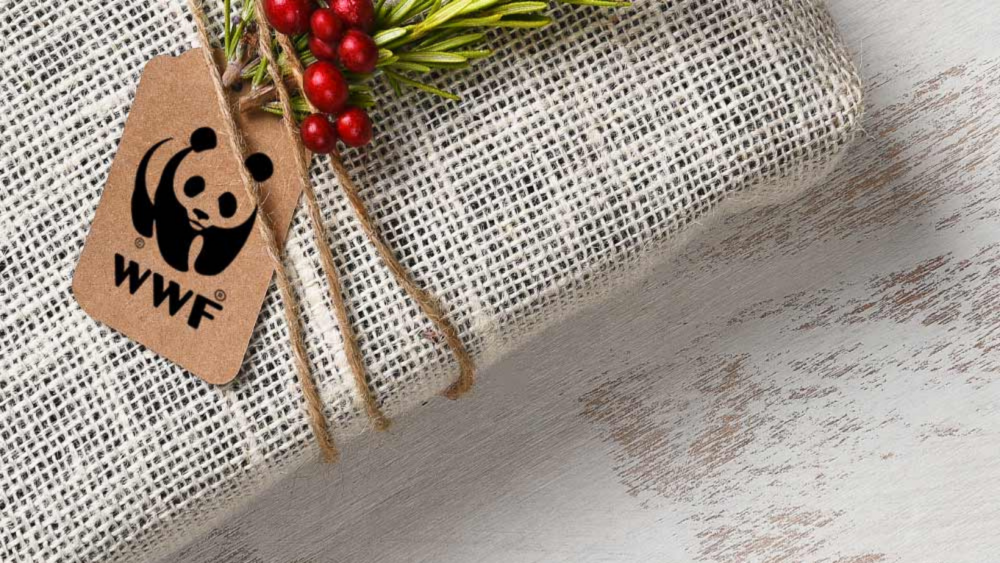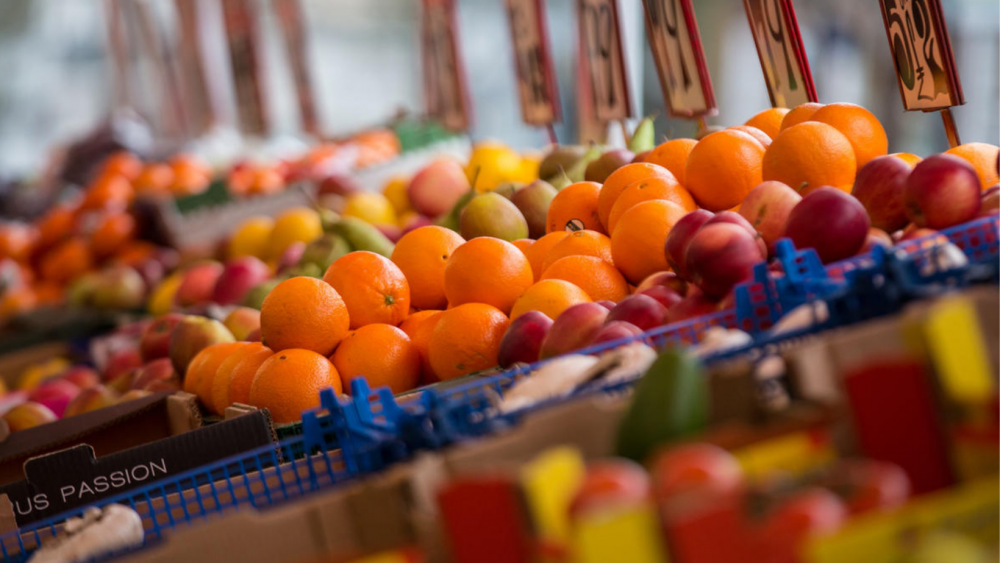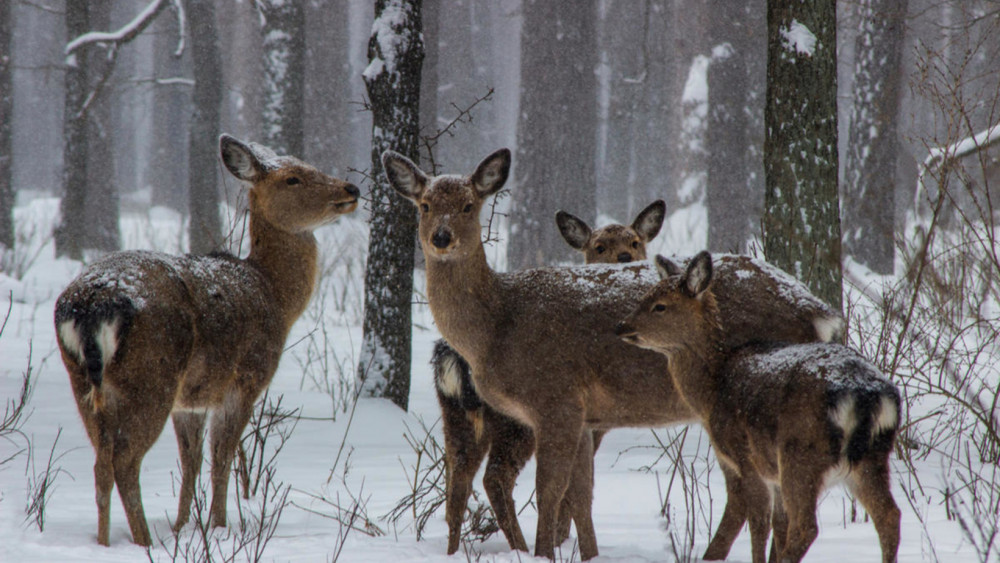Nikoleta Kováč on Recreating traditional meals in a sustainable way
2022-11-24
I Don't Need a Lot of Fame, Just a Few Quiet Days With My Family, Says Surová dcérka [Raw Daughter] About Christmas
Surová dcérka aka Nikoleta Kováčová has been a vegan since 2013, and at the same time the author of three cookbooks about vegan diet in Slovakia. The harsh-sounding adjective “raw” comes from the raw diet at her beginnings, but also speaks to her quality of saying things straight and to the point. Surová dcérka's recipes are based on Slovak tradition, but they are also uncomplicatedly vegan and manageable for the average person. They not only take into account nature and the world we live in but also balance and taste. Even "meat eaters" will find her recipes to their liking.

Photo: Jana Benešová
Nikoleta, how do you solve the dilemma of "celebrating the holidays properly" versus "think of nature and be kind to it" during Christmas?
I grew up in a garden, where I spent most of my childhood, so food and nature are strongly connected for me. If land degradation, monocultures and the climate crisis continue, Christmas celebration will also be threatened.
We all romanticize Christmas to some extent, but I see it much more realistically. I don't need a lot of fame, but a few quiet days with my family is enough. Every year my Christmas becomes more minimalistic because I find that I don't need much.
How do you shop for groceries at Christmas time when there are lots of people everywhere and even more discounts and great deals?
I try not to shop at the last minute. I keep non-perishables at home ahead of time so that I only have to visit the store for odds and ends or fresh vegetables and fruit. I avoid big purchases and consider if I really need something extra. The best tactic is to make a shopping list at home – and stick to it.
Can you think of some simple tips on how to replace animal products in our daily and festive diets so that we don't miss out on nutrients?
The first rule is to replace animal products, not just eliminate them. Include sources of protein and fat in the diet to give a person what they need. It is advisable to reach for nuts, seeds, legumes, tempeh, seitan and other great foods that we normally eat little of.
A vegan diet is naturally less high in fat and calories. Therefore, it’s good to think about fats and have larger portions so that you don't feel hungry. When replacing milk with plant-based milk, reach for milk or yoghurt fortified with calcium, vitamin D and B12.
Will you recommend Christmas products that are forgotten but shouldn't be? What can we use to liven up our menu and our Christmas table?
Prunes, pears, apples and mushrooms. If you like cabbage soup, there's nothing like a big portion of dried fruit to spice it up. At our house we also make Christmas mushroom soup, which we love even more. In addition to dried oak, it also contains dried pears and prunes.
Poppy seed buds are often left out, which I think is a great pity. Poppy seeds deserve more space in our diet.
Significantly more is wasted at Christmas than at other times of the year. How to waste as little as possible during the holidays?
Make a list of your meals and groceries and buy less fresh food. And since there is a lot of cooking at Christmas, it is also important to store leftovers well and neatly so that they are not forgotten and end up in the bin.
If you have a lot of vegetable scraps left at home, make a container of vegetable stock – you'll use it after the holidays. A large number of citrus peels can be turned into a homemade cleanser or candied fruit. And if you make your own baked goods, make croutons, breadcrumbs or a vegan breakfast-style bread in an egg.
Eating less meat is one way to alleviate the planet the most. How to fully replace, for example, noodles, to which many of us are accustomed during Christmas?
I like to replace the noodles with homemade seitan. It can be perfectly seasoned and has a texture very close to meat. Plus, it's a wheat protein, so there's no shortage of protein in it either. You coat it in a batter of flour and spices, in breadcrumbs – and fry it. You can also create magic from legumes or mushrooms, so that everyone can find their own even in case of intolerance.
How to find the "right" food on crowded shelves? As a customer in a supermarket, what should we look out for?
If one is looking for plant-based foods, certificates are a great help. Mainly a certificate from the Vegan Society, the V-label, which can be shown as a V with a leaf in a yellow circle or the word Vegan with a flower.
Other useful certifications are the RSPO for palm oil, ISCC on product sustainability or BIO and Fairtrade.
Christmas is ruled by abundance. We routinely prepare many types of food that are not exactly the healthiest. What would you replace the excess sugar or fat with – for example in a traditional Christmas cake?
No sugar and fat substitutes will help if one consumes more than is healthy. For sweetening you can use coconut sugar, dates, replace butter with good quality oil. Quantity is always important.
I sweeten my Christmas cake or other cakes less, I use good quality vegetable butters instead of butter. I always count on the fact that I will treat myself exceptionally and at a reasonable amount. So I have no regrets because I don't overeat – so it has no chance to affect my diet.
We mentioned the aforementioned frying and other "traditional", often unhealthy practices that we inherit. How to approach Christmas dinner in a better way and prepare an alternative to fish and salad that is lighter but still tasty?
The combination of meat and frying is hard on digestion. We see this when fatigue sets in after dinner or when we seek relief for a heavy stomach. In our country, substituting fish with mushroom or tofu has been very popular. Both ingredients can be marinated and coated in nori seaweed, which adds a fishy flavor and even after baking, the result is much lighter. Someone also uses other mushrooms or celery. I've tasted everything and I definitely recommend the mushroom to start with.
Can healthy and sustainable be tasty at the same time? Can you give us a tip for a festive recipe that is your favorite and an example of such a combination?
In addition to Lenten cabbage or mushroom soup, I recommend raw Parisian rolls. Since the base is nuts, dark chocolate, cocoa and a minimum of sweetener, it's a great alternative to the original. And it tastes perfect. Of course, you don't need to eat the whole tin.





















